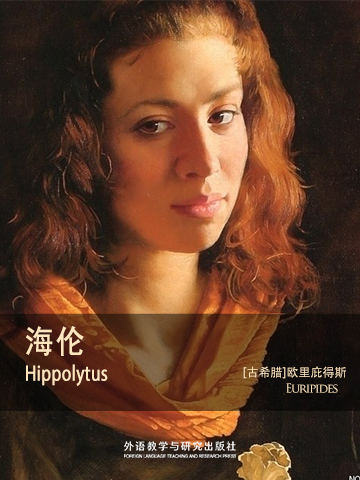The drama was written just after the Sicilian Expedition in which Athens had suffered a huge defeat. At the same time sophism was beginning to question traditional values and religious beliefs. Within this framework Euripides, with his play, deems war to be the root of all evil.
《海伦》是欧里庇得斯的一部戏剧,首次出现在公元前412年的酒神节的三部曲中。这部剧和欧里庇得斯的另一部剧《在陶洛人里的伊菲吉妮娅》有许多相同之处。
Helen is a drama by Euripides about Helen, first produced in 412 BC for the Dionysia in a trilogy that also contained Euripides lost Andromeda. The play shares much in common with another of Euripides’ works, Iphigenia in Tauris.
- **HELEN**
- 书评 写书评
- 笔记
-
书评加载中...























 京公网安备 11010802032529号
京公网安备 11010802032529号
笔记加载中...